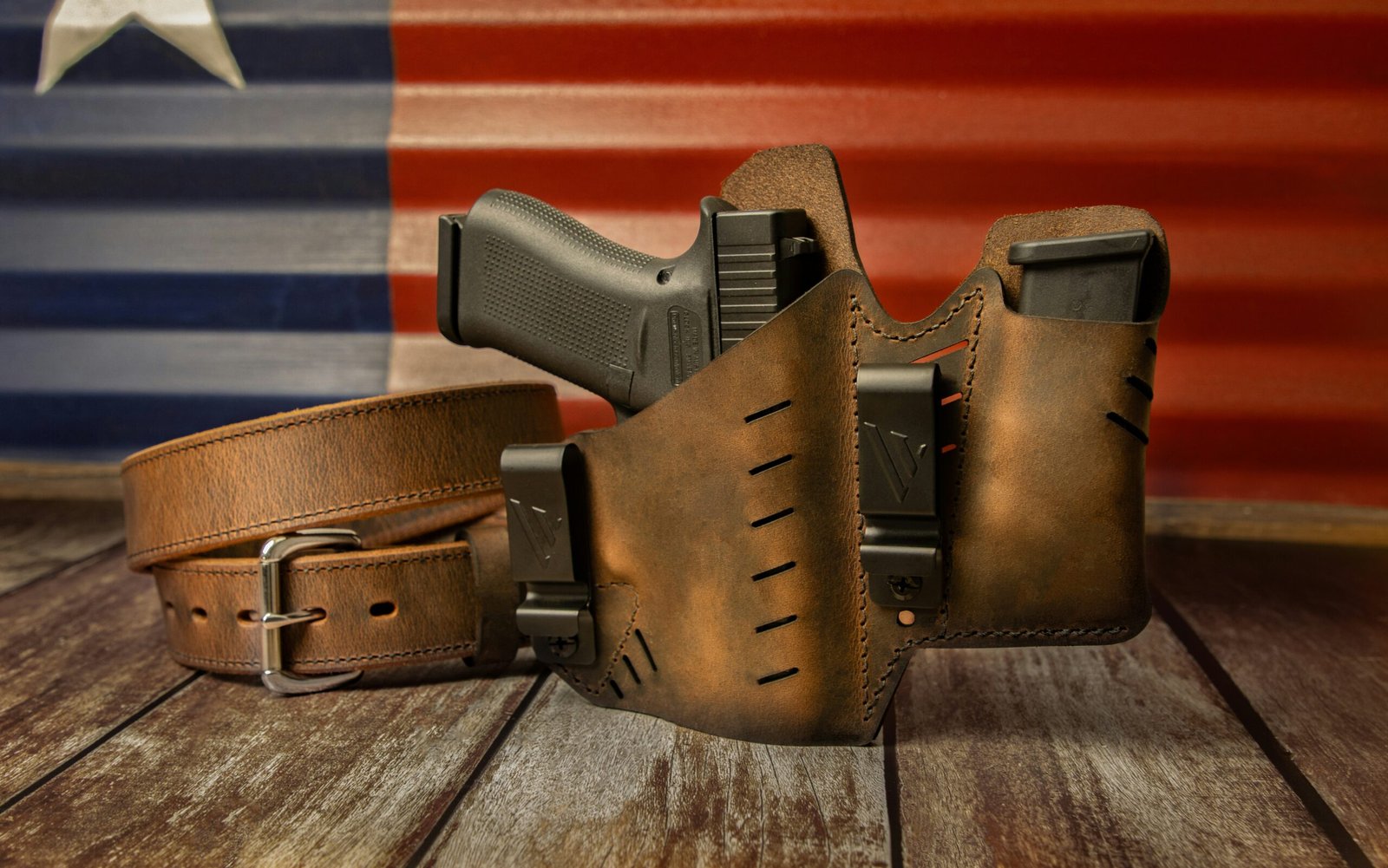Are you aware of the safety and liability concerns involving firearms in vehicles?
When it comes to carrying firearms in vehicles, there are various safety and liability issues that every gun owner must be aware of. From securing your firearm properly to ensuring that you are compliant with local laws and regulations, there are many factors to consider when it comes to firearms in vehicles. In this article, we will discuss in detail the essential aspects of ensuring safety and minimizing liability when transporting firearms in vehicles.
Importance of Secure Storage
Properly securing your firearms while in a vehicle is crucial to ensuring safety for yourself and others. A loose firearm in a vehicle can not only be dangerous in the event of an accident, but it also increases the risk of theft or misuse. Investing in a secure storage solution such as a lockbox or gun safe specifically designed for vehicles is essential in preventing unauthorized access to your firearms.
Legal Considerations
Before transporting firearms in a vehicle, it is vital to understand the specific laws and regulations that apply to the area in which you will be traveling. Different states have different laws regarding the transportation of firearms, so it is essential to research and familiarize yourself with the specific regulations of each state you will be passing through. Failure to comply with local laws can result in serious legal consequences, so it is crucial to be well-informed.

This image is property of images.unsplash.com.
Concealed Carry Laws
If you have a concealed carry permit and wish to carry your firearm in a vehicle, it is crucial to understand the specific laws and regulations governing concealed carry in vehicles. In some states, it is legal to carry a loaded firearm in a vehicle with a valid concealed carry permit, while in others, specific restrictions may apply. Be sure to research the laws in your state and any states you will be traveling through to ensure compliance with concealed carry regulations.
Safe Handling and Transportation
Properly handling and transporting firearms in a vehicle is essential to ensuring safety for yourself and others in the vehicle. Always treat every firearm as if it were loaded, and never point a firearm at anything you do not intend to shoot. When transporting firearms in a vehicle, ensure that they are unloaded, with the ammunition stored separately and securely. Additionally, always transport firearms in a secure case or storage container to prevent damage and ensure safe handling.

This image is property of images.unsplash.com.
Liability Concerns
In the event of an accident involving firearms in a vehicle, liability can become a significant concern. If a firearm is not properly secured and injures someone during an accident, the gun owner may be held liable for damages. It is essential to take all necessary precautions to avoid accidents involving firearms in a vehicle and to ensure that firearms are securely stored and handled at all times.
Insurance Coverage
When transporting firearms in a vehicle, it is vital to verify that your insurance policy covers any potential damages or liabilities associated with firearms. Some insurance policies may have specific exclusions regarding firearms, so it is crucial to review your policy carefully and make any necessary adjustments to ensure appropriate coverage. In the event of an accident involving firearms, having adequate insurance coverage can help protect you from potential financial liabilities.

This image is property of images.unsplash.com.
Best Practices for Transporting Firearms in Vehicles
To minimize safety risks and liability concerns when transporting firearms in vehicles, follow these best practices:
- Always secure firearms in a lockbox or gun safe designed for vehicles to prevent unauthorized access and ensure safe handling.
- Ensure that all firearms are unloaded, with the ammunition stored separately and securely during transportation.
- Familiarize yourself with the specific laws and regulations governing the transportation of firearms in the area you will be traveling through.
- Treat every firearm as if it were loaded and always practice safe handling and storage procedures to prevent accidents.
- Verify that your insurance policy covers any potential liabilities associated with firearms in vehicles and make any necessary adjustments to ensure appropriate coverage.
By following these best practices, you can help ensure the safety of yourself and others while minimizing liability concerns when transporting firearms in vehicles.
Conclusion
Transporting firearms in vehicles comes with significant safety and liability considerations that every gun owner must be aware of. Properly securing firearms, understanding legal regulations, practicing safe handling and transportation procedures, and ensuring adequate insurance coverage are essential steps to minimize risks and liabilities associated with firearms in vehicles. By following the best practices outlined in this article, you can protect yourself, others, and your firearms while traveling with them in a vehicle. Remember, safety should always be the top priority when it comes to firearms in vehicles.



